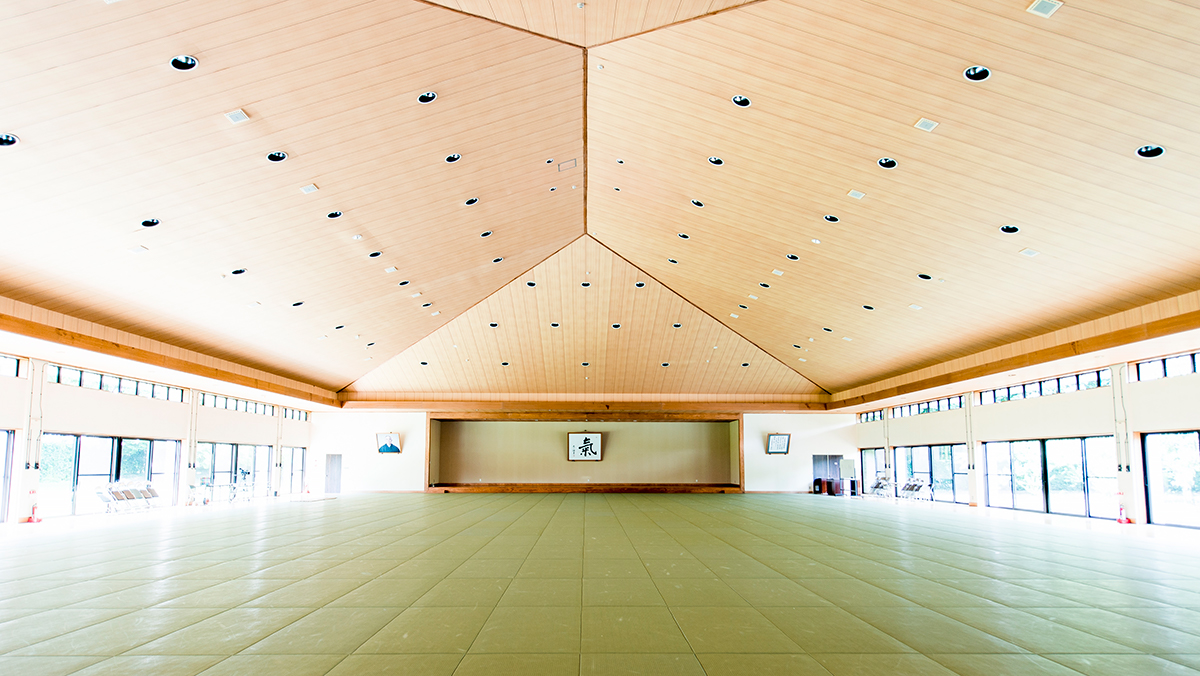A Short Instruction:
The purpose of this article is to practice and validate the Ki principles (Mind moves body) which are the foundation of Ki-Aikido in your daily life. Therefore, it has no meaning if you just read it without practicing it.
The fundamental method of mastering anything is practice. However, not just practice, but it is also important to validate how one has changed as a result of the practice.
It is easy to lose what you have learned without practice. On the other hand, you will never lose what you have learned through practice and validation. Therefore, please read, practice, and validate the contents of my article at least a month.
Control Yourself First
In Ki-Aikido training, we practice both technique and natural posture (posture with oneness of mind and body).
In order to throw, we must lead our partner. This is Ki-Aikido. It is impossible to throw your partner if your posture is unstable.
To lead and throw your partner, your posture, that is your mind and body, needs to be stable first.
When we say “correct posture”, some people might imagine “stand straight and stiff”. But this is not correct posture. Correct posture means a natural posture.
Natural posture (posture with oneness of mind and body) is:
The most stable posture
The most comfortable posture
The most sustainable posture
When the above three requirements are in place, this is called “Natural posture”.
“Before you control others, you must first control yourself.” This is a fundamental principle of Ki-Aikido.
We can also relate this to our relationships in our daily life.
In daily life, we tend to try to change others, instead of changing ourselves. That is, we try to control others before controlling ourselves. If you do this, you will find that the minds of others resist, and we will not be able to change others.
For example, when your own shoes are dirty, if you tell someone else that his shoes are dirty, he will not listen your advice. “I do not want to hear that from you!”
If you see someone else’s shoes are dirty, and you want them to clean them up, first clean up your shoes. By demonstrating your willingness to take responsibility for your own condition, others become ready to accept advice from you. As a result, you can help others to change.
We experience this in our daily life. But we tend to forget this principle when we do Ki-Aikido practice.
We may have a selfish mind that says, “I want throw others” or “I want to control others”. Because of this mind, people try to throw others first, before controlling self. If you practice stable posture before throwing others, you can master self control.
Even if we practice Ki-Aikido, if we cannot use its principles in our daily life, we cannot say we practice Ki-Aikido. I use the phrase, “Throw in daily life”. This means I must change myself first in order to lead others in daily life and my work.
Of course, I do not actually throw people in this case. This process is the same as leading others in a Ki-Aikido technique. So, outside the Dojo, I “throw many people” everyday.
A manager or a leader has authority. Therefore, they tend to want to change others before changing themselves. If you have a position in which you influence others, it is important to “control oneself first”.
Below is this month’s practice and validation:
This month’s practice and validation is a little more difficult than usual. However, to practice this will bring big rewards. You can consider it a success if you succeed once in 10 tries. Once you experience success, you will be able to succeed more often.
Practically speaking, even if you change yourself first, others might not change at all. Even so, please continue the challenge of practice and validation. It is very important that you continue practice and validation.
[Point of practice]
Select anyone around you. Decide in what way you would like him or her to change. Then, before attempting to change them, decide to change yourself first.
This is not about changing others, but changing your self first.
[Point of validation]
Look at the result. Verify if others have changed or not.

